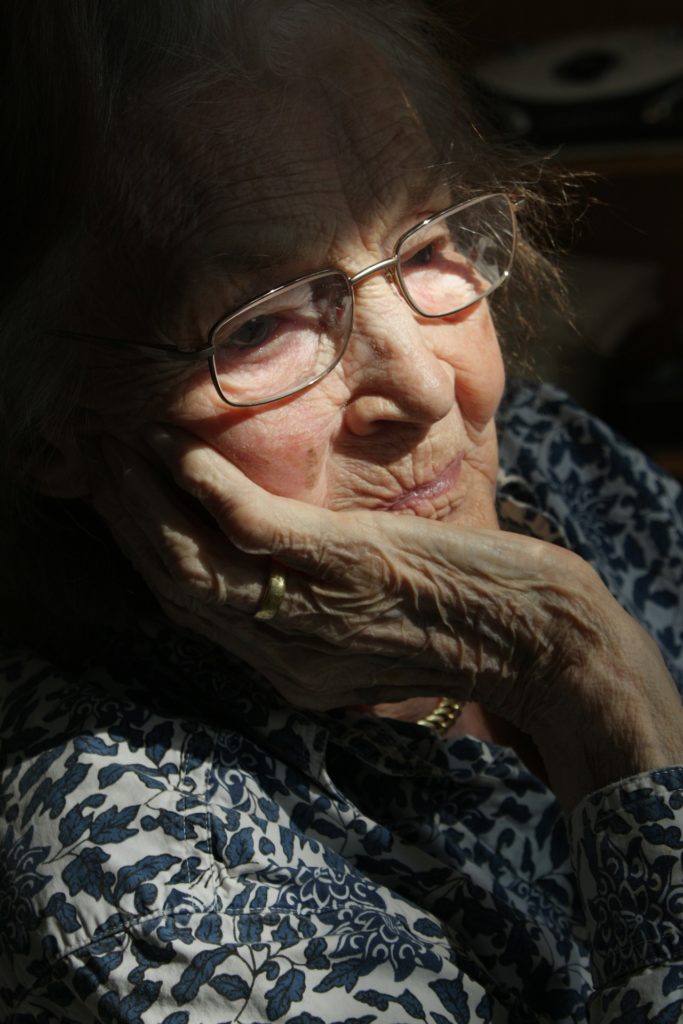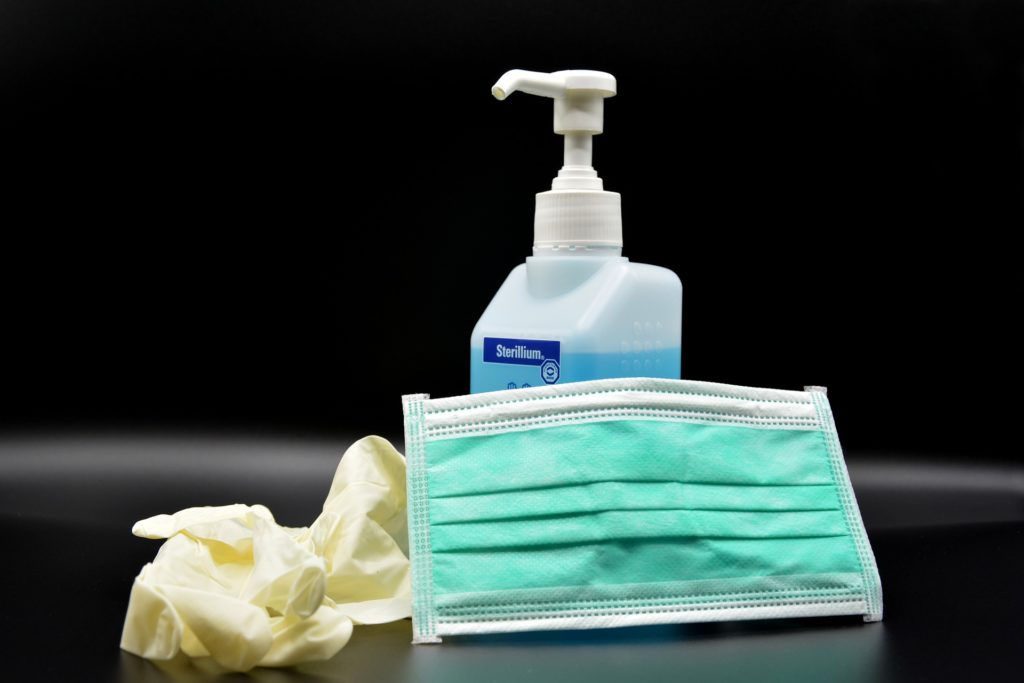As we enter another winter with hospitals around the country still overwhelmed with patients suffering from COVID-19, our elderly loved ones residing in nursing homes are still in danger from this deadly virus. While nursing homes are no longer the epicenter of the pandemic as they were in April of 2020, nursing homes are still extremely vulnerable to COVID-19.
Cases like the Andover nursing home in New Jersey highlight some of the dangers that our seniors face when dealing with COVID-19 outbreaks in nursing homes. In this article, we take a look at just why nursing homes are so vulnerable to COVID-19 outbreaks, and what they should be doing to prevent it.

Photo By Gerd Altmann Via Pixabay
Residents Are at Higher Risk for COVID-19
Older individuals are at much higher risk for developing severe COVID-19. In addition, people with chronic medical conditions such as:
- Diabetes
- Heart disease
- Respiratory illnesses
- Kidney disease
are also at an increased risk. There are 1.3 million nursing home residents in the United States currently, and they are heavily composed of individuals representing both the elderly as well as those with the medical conditions listed above.
The age of residents, combined with their underlying health conditions is one of the reasons that nearly one-third of deaths from COVID-19 in the United States have been among nursing home residents. But, these aren’t the only reasons.
Conditions at Nursing Homes Can Spread COVID-19
A number of conditions in can worsen and greatly exacerbate the spread of COVID-19 inside a nursing home or elder care facility. These factors include things such as:
- Employees who work in multiple facilities, increasing exposure
- Residents sharing rooms
- Transferring residents from hospitals
- Shortages of PPE for workers and residents
- Frequent physical contact between residents and employees
- Understaffing
These are the factors that in the end, make nursing homes the perfect breeding ground for spreading viruses and diseases.
Problems With Disease Control in Nursing Homes Before COVID-19
The issues with infection and disease control in nursing home long predates this recent pandemic. In fact, 8 out of every 10 nursing homes in the country were cited for infection control problems before COVID-19 appeared on the scene. And around half of these homes were cited for the same type of deficiency in numerous inspections over a five-year period.
What Should Nursing Homes Be Doing To Stop the Spread of COVID-19?
Preventing the spread of viruses and disease in a setting like a nursing home is actually not a complicated matter. There are clear guidelines in place that every facility should be following that, while simple, can greatly reduce the spread of diseases.

The Centers for Medicare & Medicaid Services (CMS) has offered guidance for nursing homes including:
- Symptom screening
- Hand washing
- Appropriate use of PPE
- Separate staffing for COVID-19 patients
But controlling the spread of infections realistically comes down to one very key factor: time. When nursing homes are short staffed, the employees often cut corners. And this is when infection starts to spread.
Who Regulates Nursing Homes?
Nursing homes are regulated by the Centers for Medicare & Medicaid services, a federal organization in collaboration with individual states. States must conduct inspections of nursing homes to ensure that they comply with federal laws, specifically in regards to staffing and hygiene, as well as record keeping.
If you have concerns about the nursing home where your loved one resides, you can reach out to your state’s long-term care ombudsman, or file a complaint with your state survey agency, or bring issues to your state’s department of health or department of aging. A skilled nursing home malpractice lawyer can help you understand the laws and guidance the facility should be following, and can help you hold them accountable when they are derelict in their duties.
How an Experienced Attorney Can Help Your Nursing Home Case
Your elderly loved one deserves respect and care, and the facility they live in should provide not only dignity and compassionate treatment, but also exceptional health care. When a nursing home fails to do the bare minimum to protect its residents, it must be held accountable.
The lawyers at Thistle Law Firm have successfully represented numerous people throughout Pennsylvania and New Jersey who have been affected by COVID-19 outbreaks in nursing homes, assisted living facilities, and other settings where seniors live or receive services. If your loved one has suffered from nursing home malpractice or negligence, we can turn the tables in your favor. Contact us today for a free consultation by calling 215-525-6824 or fill out our form here.

